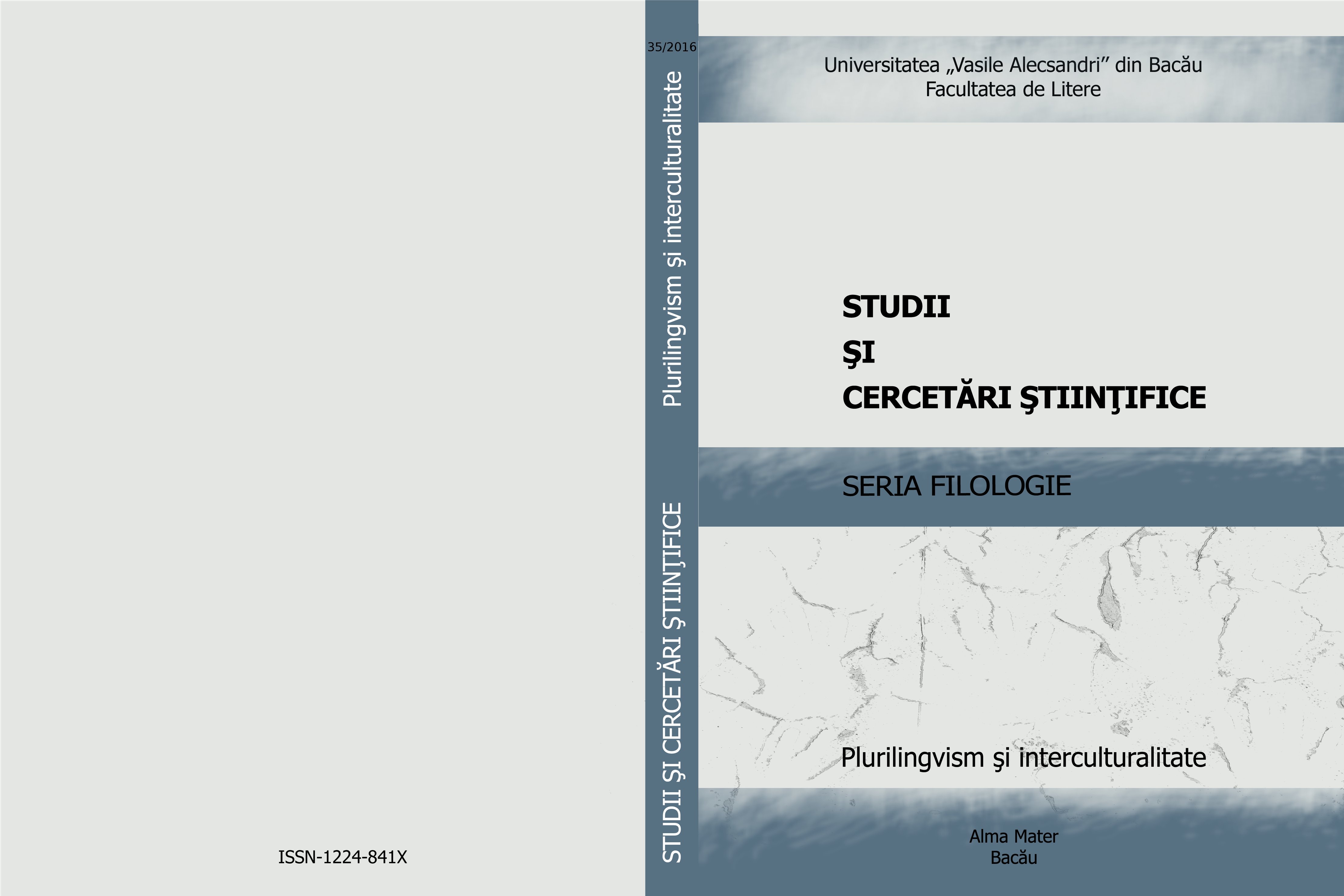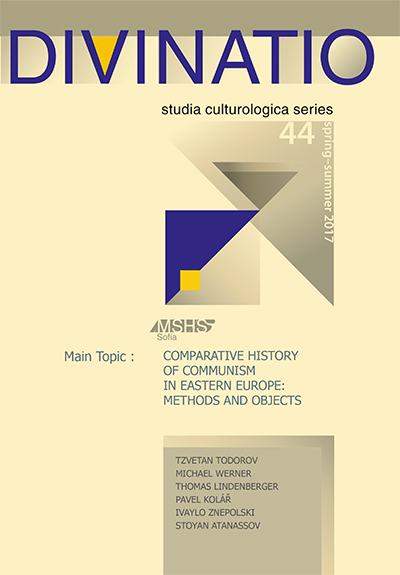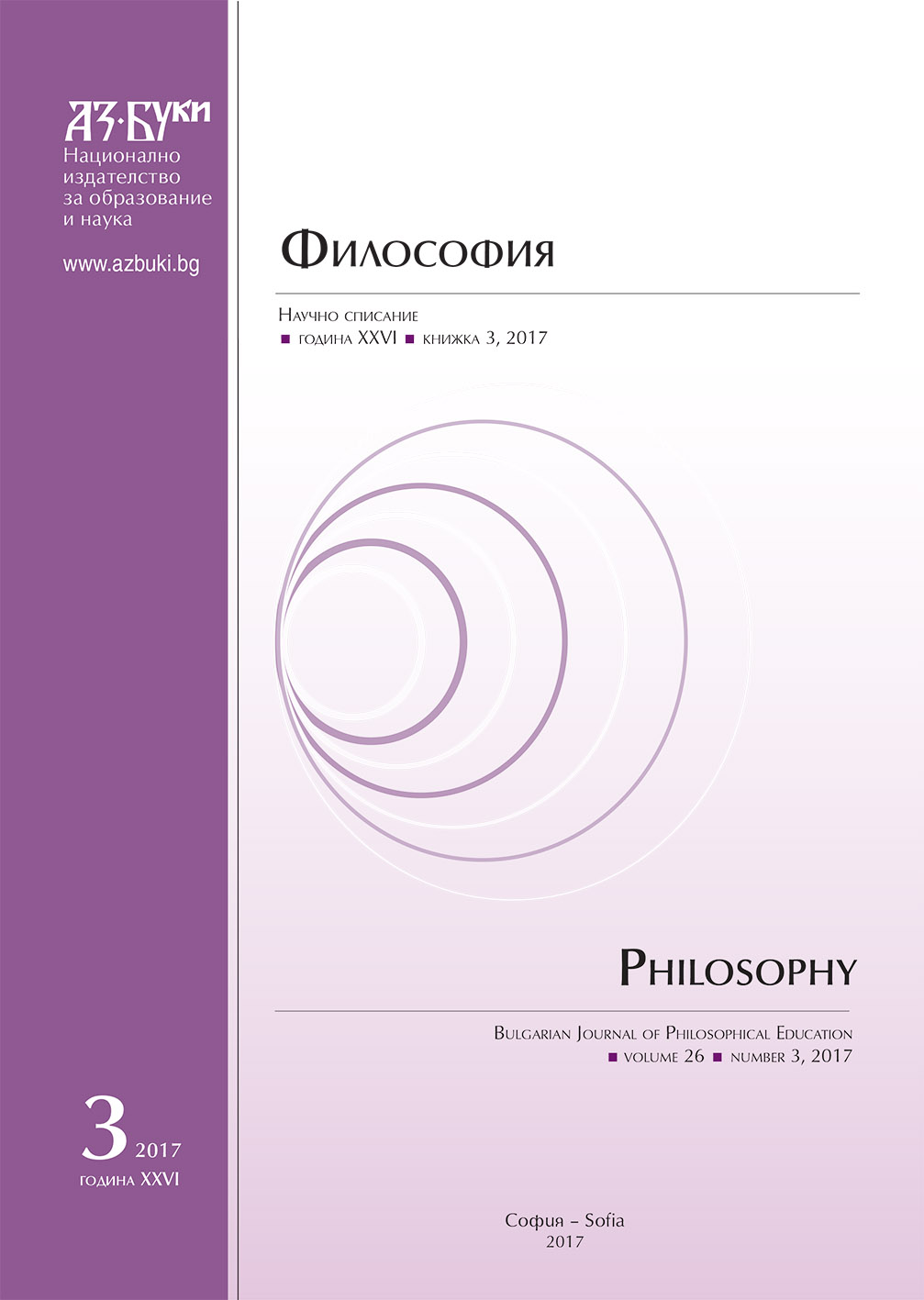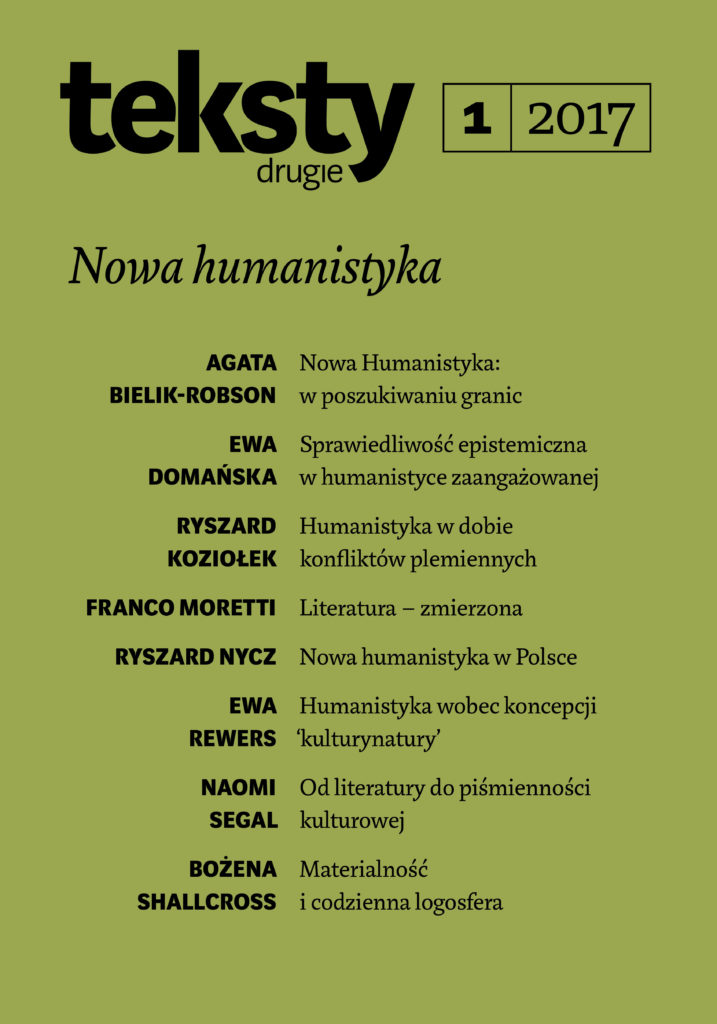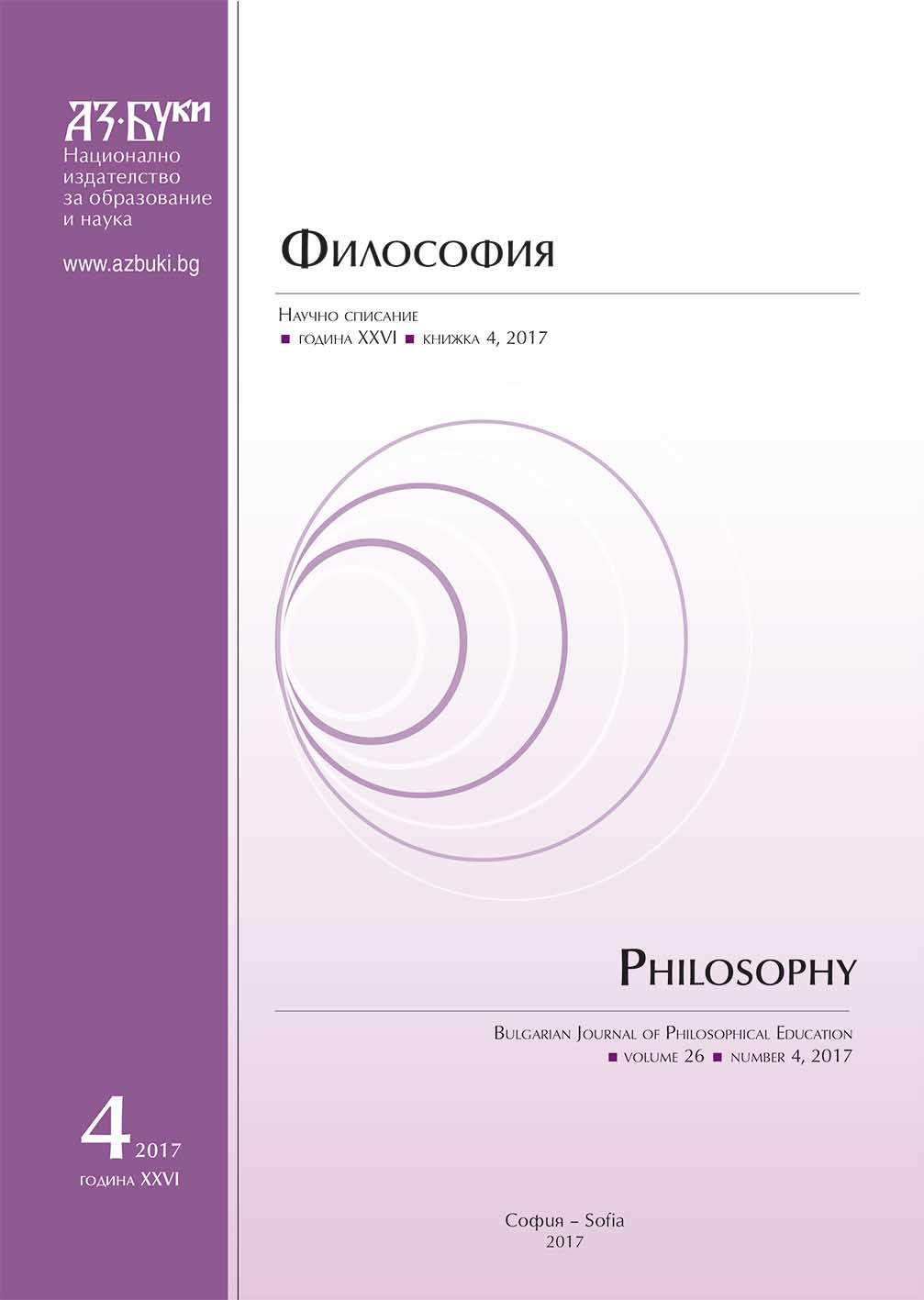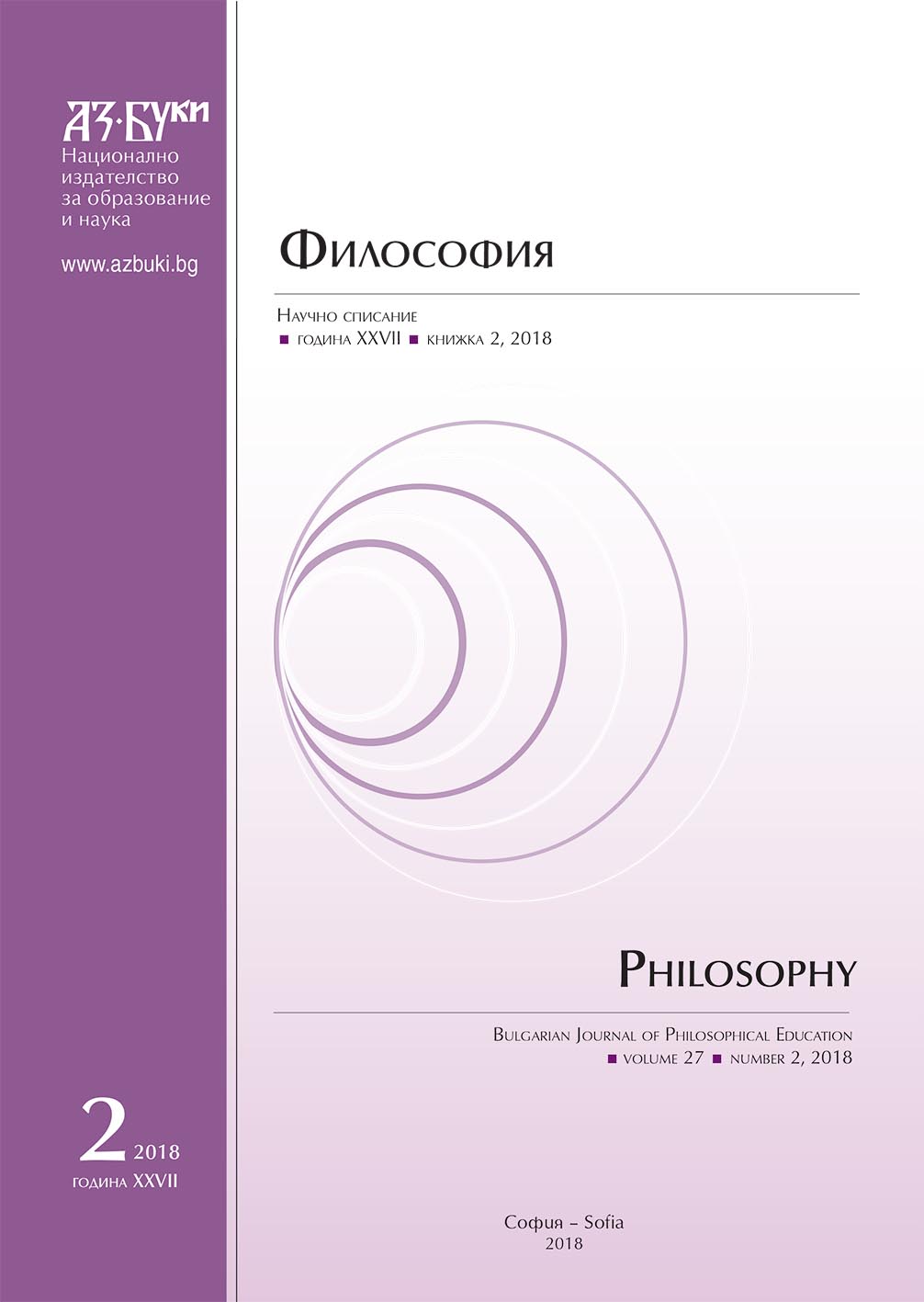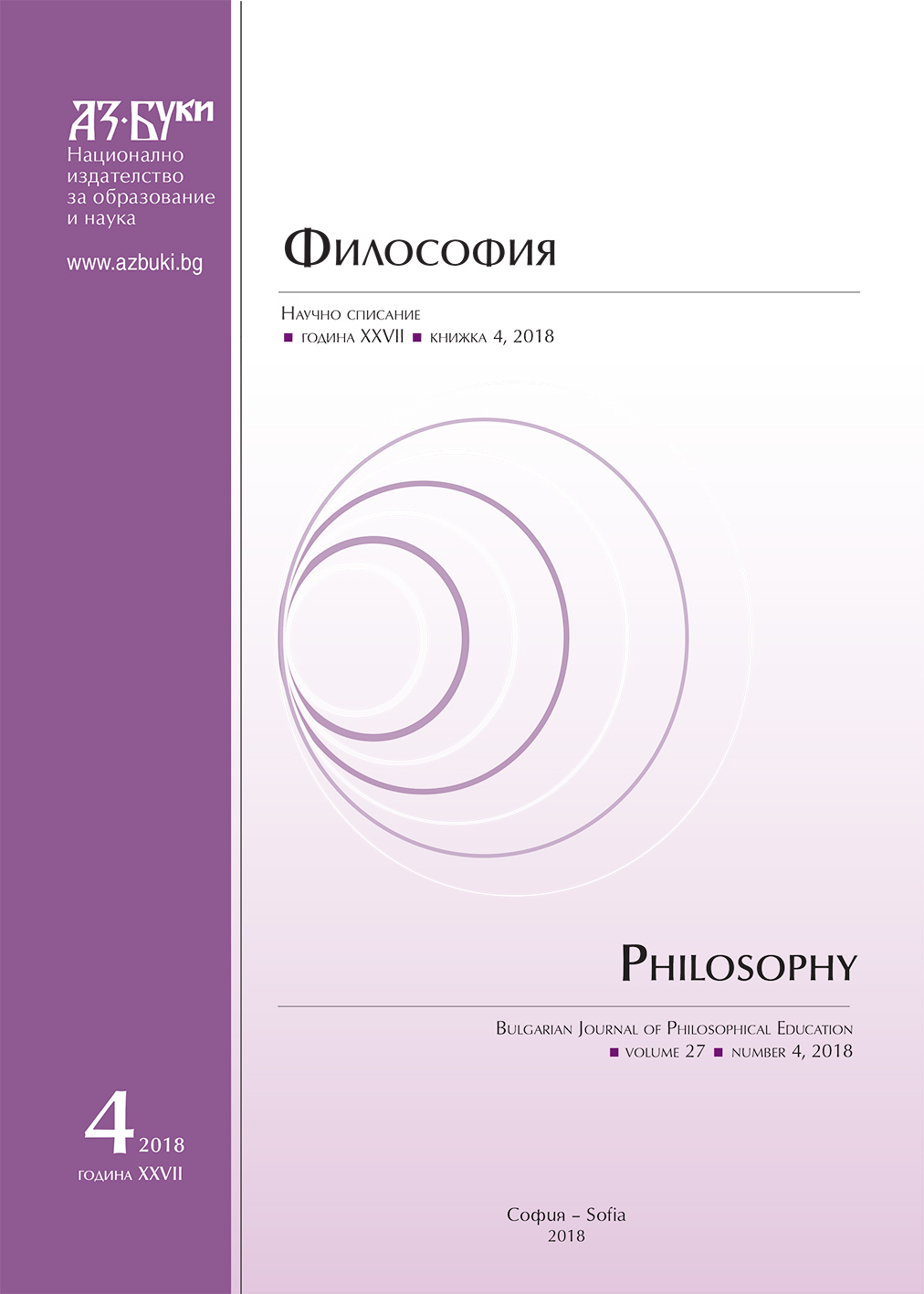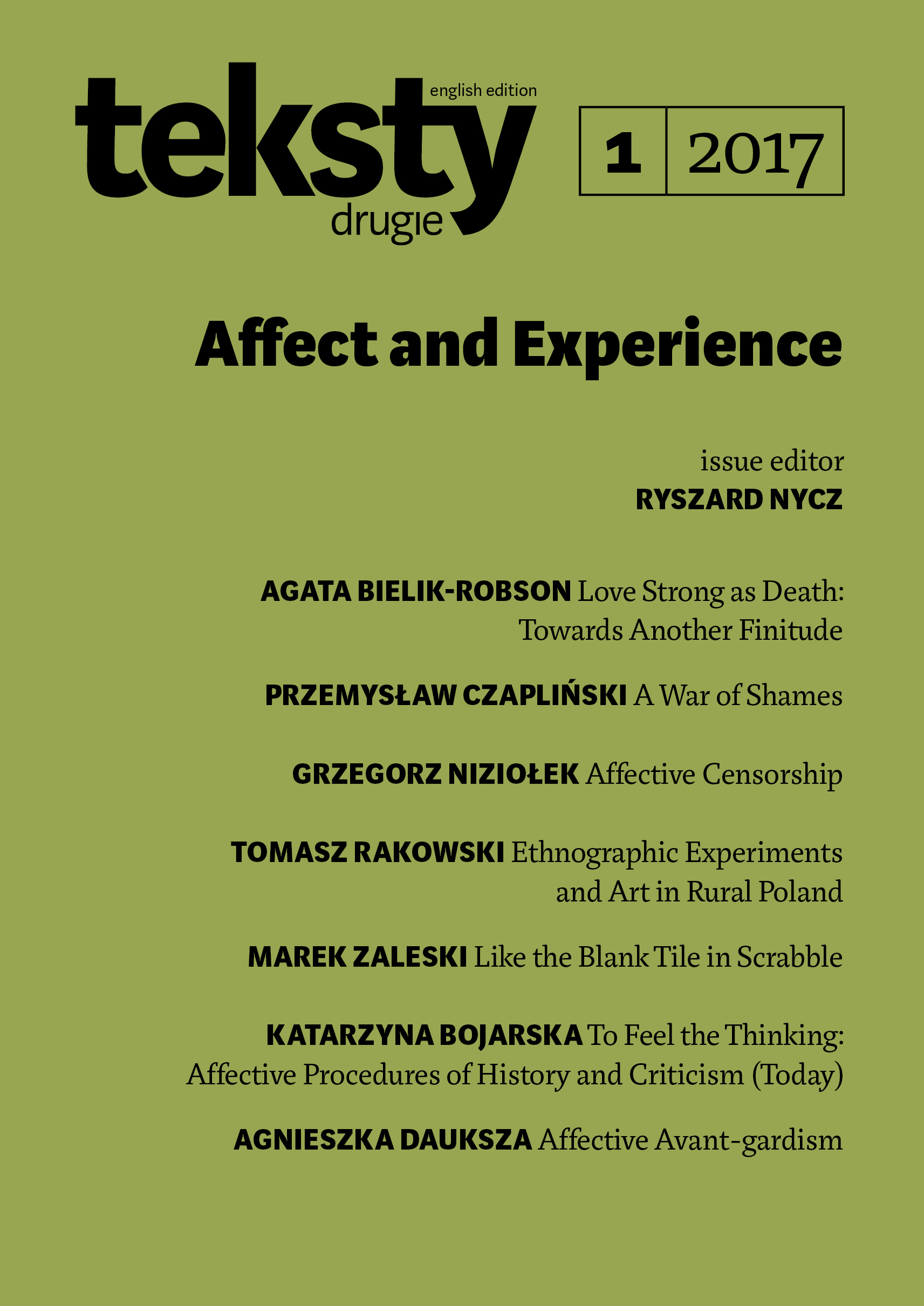Author(s): Ana Bazac / Language(s): English
Issue: 1/2017
My paper relates Bachelard’s main epistemological thesis –the new scientific spirit–in the 30s and some present tendencies in science. In its “Noumène et microphysique”, from 1931, Bachelard reveals a revolutionary change in the 20th century natural science: the definite proof of insufficiency of the traditional pattern of experimental physics of macro-bodies and searching for observable causes – where the starting point of the research was the empirical observation, where the end was to measure the material elements and the values of movements, where the pattern of decomposition were the object and at the same time the aim of researchers –to a complex “intellectualist” model where the most important moments of the research are the (new) theories/new conjectures which no longer assume the logic of isolating the phenomena from their context, where these phenomena are rather relations and effects than material particles, and where the scientific theory follows just the relations and effects which constitute the new objects, and not so much the material objects as such as in the Newtonian science.And: where the understanding of this relational reality is the result of mathematical forms which are not a simple calculus of visible phenomena, but expressions of the internal deep constitution and laws of existence. In this new type of research, the empirical observation is only a starting point and a moment between the theoretical construction and its mathematical clearer manifestation and proof back and forth.All these elements are developed by Bachelard and are considered here as a mirror (or, rather, a beacon, or, not in a metaphorical language, a criterion) for the present epistemology as this one is visible in some aspects focused on by the present sciences.Indeed, nowadays – and in the trail of Bachelard – and though there is an inertial tendency to put only physics at the origin of the scientific knowledge of the world (and in this sense, to confront the classical model of Newton and Einstein physics), epistemology considers at least three aspects configuring the scientific outlook and, perhaps, world-view: the sciences of the living,givingusnew ways of understanding, including the inanimate material logic, as well as its qualitative progress; the inter and trans-disciplinary relations of the scientific steps,givingnew realms of the world; the holistic approach as methodology and (practical/technological) representation of the world. Therefore, the evolutionary epistemology – whose early representative was Bachelard –allows us to use the same comparative pattern, but concerning a broader space and leading to more refined perspectives about the world.
More...

